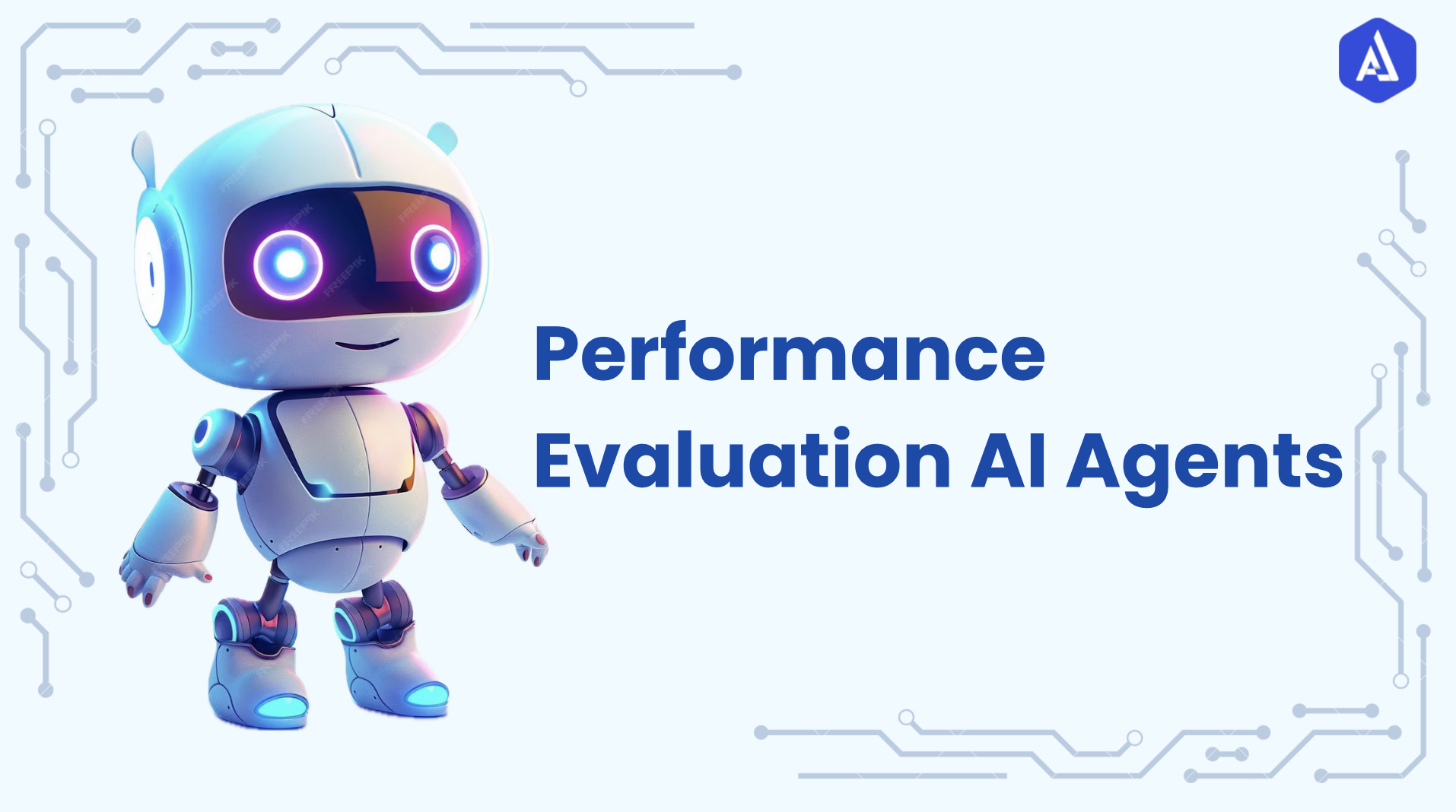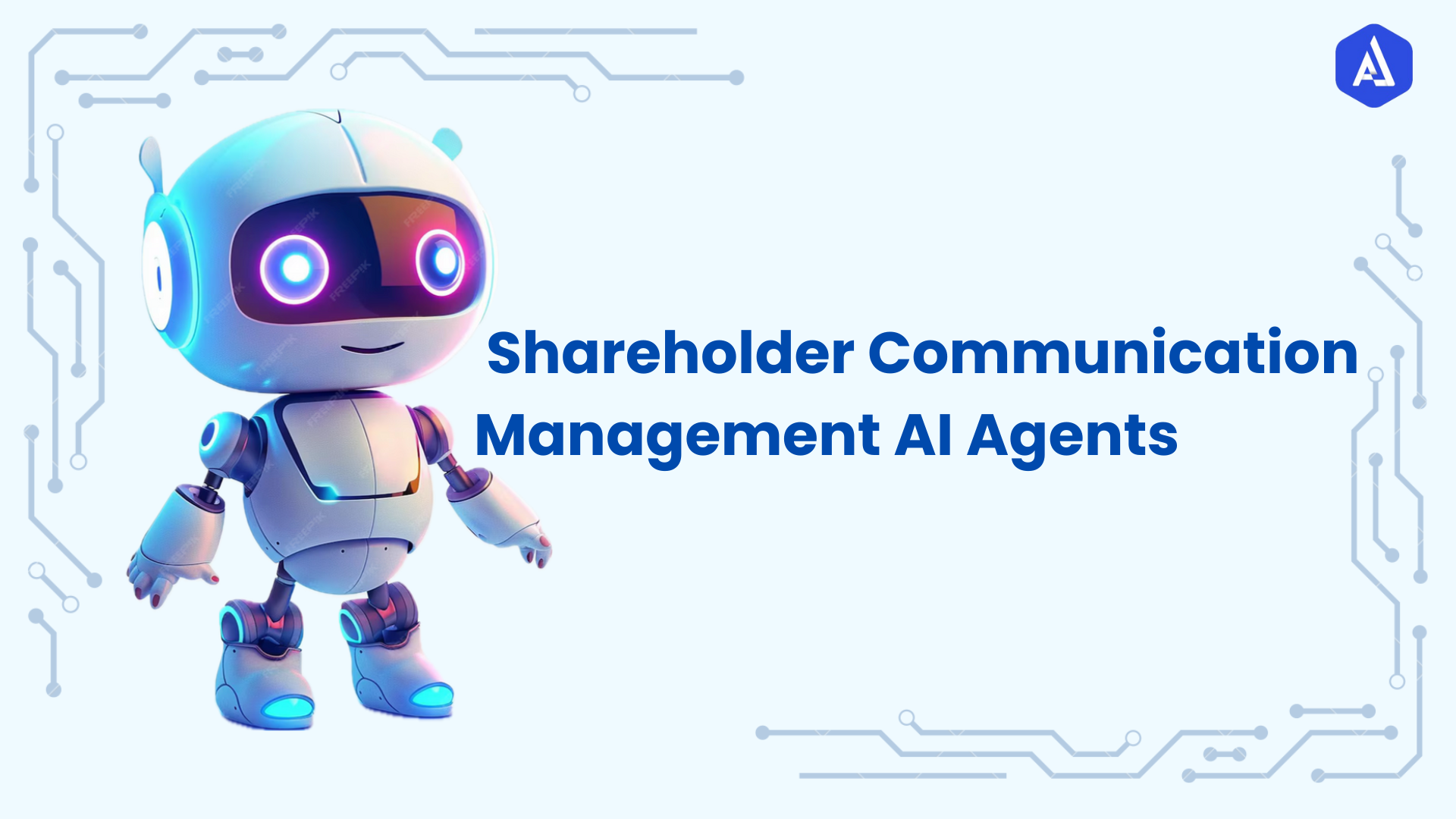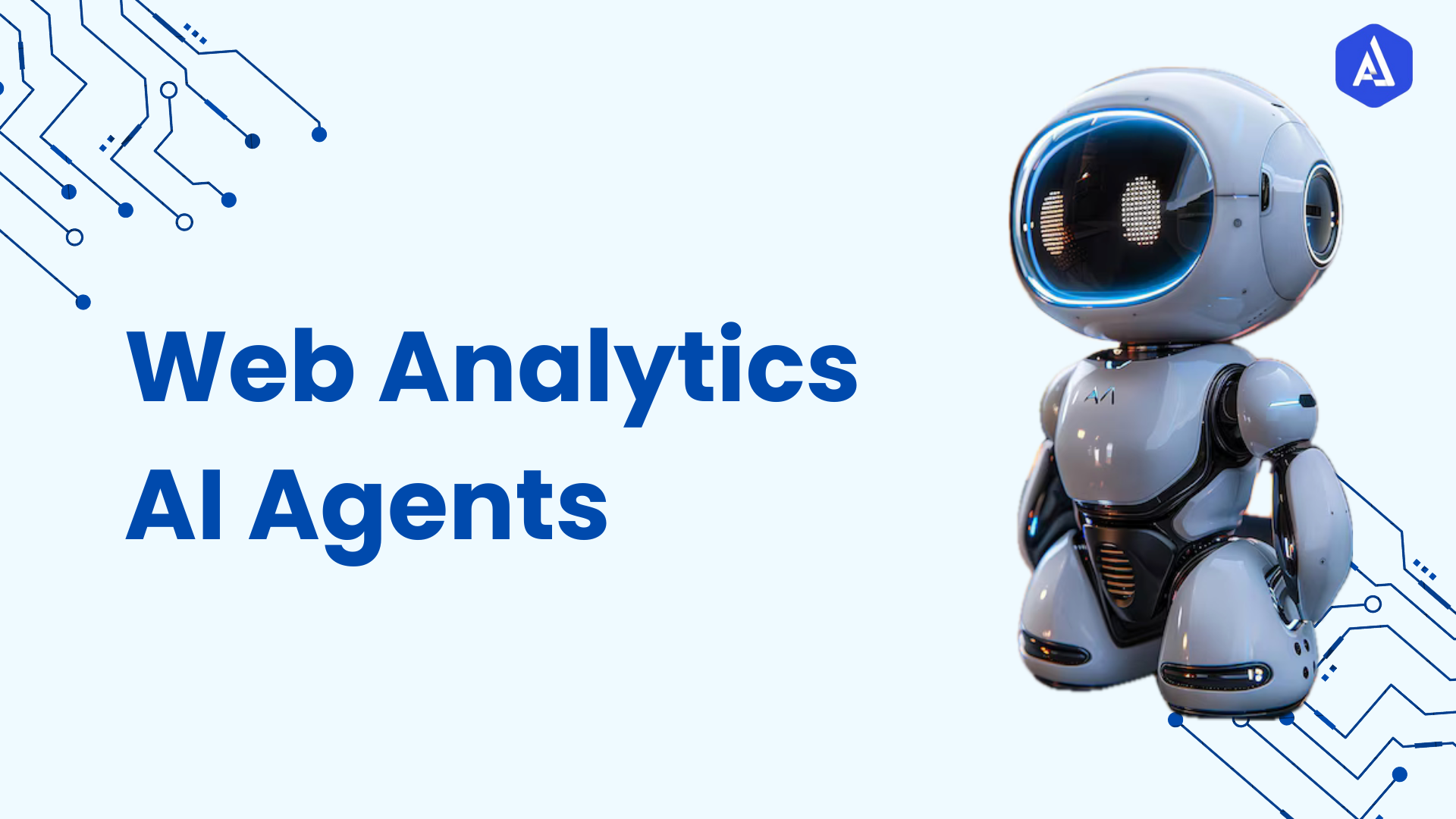Introduction
Brand monitoring AI agents revolutionized the game for companies regarding how they monitor and manage their digital brand presence by making data collection, sentiment analysis, and response planning better. AI essentially empowers companies to track online mentions of a brand and, eventually, analyze the sentiment of such mentions, thus allowing them to react proactively toward trends so as to further fortify their reputation in real time.
About the Process
In the current generation, brands will need to follow how they are being referred to on web pages which include social media websites, news aggregation sites, and web blogs. Traditionally, brand monitoring encompasses the following procedures:
-
Data Collection: Brand monitoring has traditionally meant gathering the needed data from social media as well as in news articles for the average customer reviews. The amount of information involved makes the whole process long and laborious.
-
Competitor Monitoring: This is basically about the competitors. It simply means following competitors' activities in terms of how their performance is faring on social media, among other things, and what voice consumers are giving to their brand.
-
Reporting: It offers information on how customers view the brand, how satisfied they are with the brand, or any other issue in an effort to extend such information to stakeholders. In classical reporting, which might be done on a weekly or monthly basis, no real-time action is ever taken.
About the Agent
Brand monitoring AI agents have taken center stage in the process of monitoring through more developed functionalities that optimize the collection and analysis. These features are sophisticated and can be immensely useful for the purpose of tone and content extraction from any type of language, that involves sarcasm or slang for sentiment analysis.
-
Sentiment Analysis: Those mentions will be classified as either positive, negative, or neutral, and agents will provide clear information regarding the sentiment with an analysis of the language and tone used for the posts.
-
Image and Video Recognition: AI agents that provide image and video recognition can identify brand logos and products within visual content in apps such as Instagram and TikTok, thus reaching further toward visual media.
-
Real-Time Data Processing: Since it can process huge amounts of data virtually in real-time, AI agents would ensure the brand reacts very quickly when it observes trends or problems emerging. Again, since they can integrate well with existing platforms, including CRM and analytics tool platforms, their flow and access to data would be smooth.
With such characteristics, brand monitoring AI agents give companies a data-driven insight that was not so easily acquired by humans. This way, the companies' operations are highly accurate and very efficient.
Benefits and Values
The use of AI agents in brand monitoring benefits a company in so many impressive ways:
-
Efficiency and Scalability: In the process of seeing big data spread across all the platforms in one glance, AI agents save companies a lot of labor they would otherwise have to incur for such mundane work and money they can save in attempting the same.
-
Continuous 24/7 monitoring: AI agents never sleep; hence there is continuous vigilance. Brands can now respond in real time to important mentions across the spectrum.
-
Better Decisions: AI agents excel at trending analyses and gathering minute information that will enable a company to make proper decisions in relation to the engagement of customers, the development of new products, as well as even in a crisis.
-
Proactive Crisis Management: AI agents track looming PR crises and present them in real time to enable brands concerned to take preventive measures and cut down major reputational damage.
-
Cost Savings: Automated labor-intensive data gathering and analysis saves the costs incurred while having enhanced response times and accuracy.
With such benefits, AI agents do not just make it easier for brands to streamline brand monitoring processes but also help brands in proper strategic gain and customer satisfaction.
Use Cases
Brand monitoring AI agents can be applied in very many scenarios for focused requirements:
-
Customer Feedback Analysis: AI gathers insights from various sources and offers insight into the most frequent pain points that the customers will be experiencing with the brand or positive feedback received. It can also guide improvement in the product as well as in customer service.
-
Discover influences and partnerships: AI agents monitor posts and shares on social media sites. This data will be useful for building partnerships with possible influences that can increase reach and make the brand boom.
-
Monitor online reviews: AI follows every review conducted on Google, Yelp, and Trustpilot through AI agents therefore providing companies with the opportunity to track things immediately and respond quickly to complaints from the customer then making the customer build their trust in the brand.
-
Fake news detection and control: AI agents detect and monitor false statements or rumors about the brand so that the companies will react to have control over it before it spreads extensively and harms the brand name.
The examples above show how antsy brand monitoring AI agents could be since they are not limited to helping in one part of the brand but all parts.
Usability of Brand Monitoring AI Agents
To maximize the benefits of Brand Monitoring AI Agents, follow this structured guide for setup, usage, and optimization:
-
Log In and Secure Access: The first step is to log onto the AI agent through a secure channel of the organization’s authentication. This brings data security and its access control as well.
-
Integration with Monitoring Platforms: Socialize the agent to the appropriate forums such as social media, news aggregators, review sites as well as analytics sites. This integration makes it possible to account for all of the analyzed data.
-
Set Up Monitoring Parameters: Identify important keywords like brands, competitors or customer opinions with which you want to work. Target platforms, keywords, and regions to which monitoring is adjusted have to be indicated.
-
Automated Data Collection: Enable the agent to freeload information from text, images, and videos. This reduces calling on the assistance of many people while at the same time capturing as much content related to the brand as possible.
-
Sentiment and Trend Analysis: Operate the sentiment analysis option of the AI, by filtering the mentions into positive, negative, and neutral sentiments. To learn about trends that are likely to turn into issues or what trends are likely to represent opportunities that can be exploited, then it is best to use the trend analysis method.
-
Real-Time Alerts and Notifications: Create real-time alarms of important events such as viral negatives, or a sharp increase in brand keywords. It enables the management to take specific action to counter any negative effects as soon as they occur.
-
Reporting and Visualization: Gather easy-to-navigate dashboards and detailed reports that provide information on brand, customer, and competitor KPIs. These insights should help you make strategic decisions.
-
Crisis Detection and Proactive Responses: The agent should flag accounts sending Fake News or Negative sentiment campaigns where the insights can be used to respond proactively and rectify the occurrence.
-
Continuous Optimization: Allow for changing of the monitoring parameters frequently, depending on the fluctuations of the business needs. Take advantage of its learning features to enhance the efficiency and accuracy of the results in the future.
Considerations
Some of the technical and operational considerations that go into the installation of an AI-based brand monitoring solution are:
-
Data privacy and ethical compliance: The monitoring of the content created by the user when using artificial intelligence is also a privacy problem. Companies will have to comply with data protection regulations such as GDPR within the ethics of usage of the data.
-
Algorithmic Bias and Accuracy: By default, AI Agents replicate biases, which means that they tend to produce distorted results and wrong meanings. Algorithms have to be tuned and tested frequently to provide uppermost sentiment analysis and actual results.
-
Training of Staff: The team should be trained to understand the data generated from the AI system so that the output of AI goes into a data-informed decision. The AI solution needs to be integrated with already available CRM and analytics tools. Hence, technical adjustments and support may be needed.
-
Background Updates and Maintenance: AI agents are periodic updates in relation to the change of the language and the emergence of new platforms, so they continue to remain relevant and accurate in the analysis.
All these considerations are particularly important so that AI brand monitoring solutions truly work effectively and responsibly, to ensure compliance and good reliable insights.
About the Future
The future of brand monitoring AI agents may look bright too as the possibilities of further development only increase with time:
-
Voice Recognition and Audio Analysis: As podcasts along with audio-based platforms pick pace, the monitoring of brand mentions in spoken content may be a feature of future AI agents that will take their capabilities beyond text and images.
-
Predictive analytics for proactive insight: Future AI agents might be predictive analytics, perhaps casting some light on what future changes of direction the brand or customers' behavior will take. Perhaps to be used proactively and data-driven forecasting to calibrate the reaction.
-
Independent Engagement and Crisis Management: The future AI agents that are going to have more potential will be more able to learn. They will automatically give responses for most simple questions and relatively small crises, thus giving humans the time to investigate more complex issues.
-
Better Integration: The future agents will be able to have tight integration across platforms and will consist of seamless and real-time brand monitoring and data share on social, CRM, or analytics systems.
As the technologies advance, AI Agents will keep their role prominent in brand management in the digital eras. This is an expression of competitive advantage for a business while creating a capacity to deal with unforeseen events.


